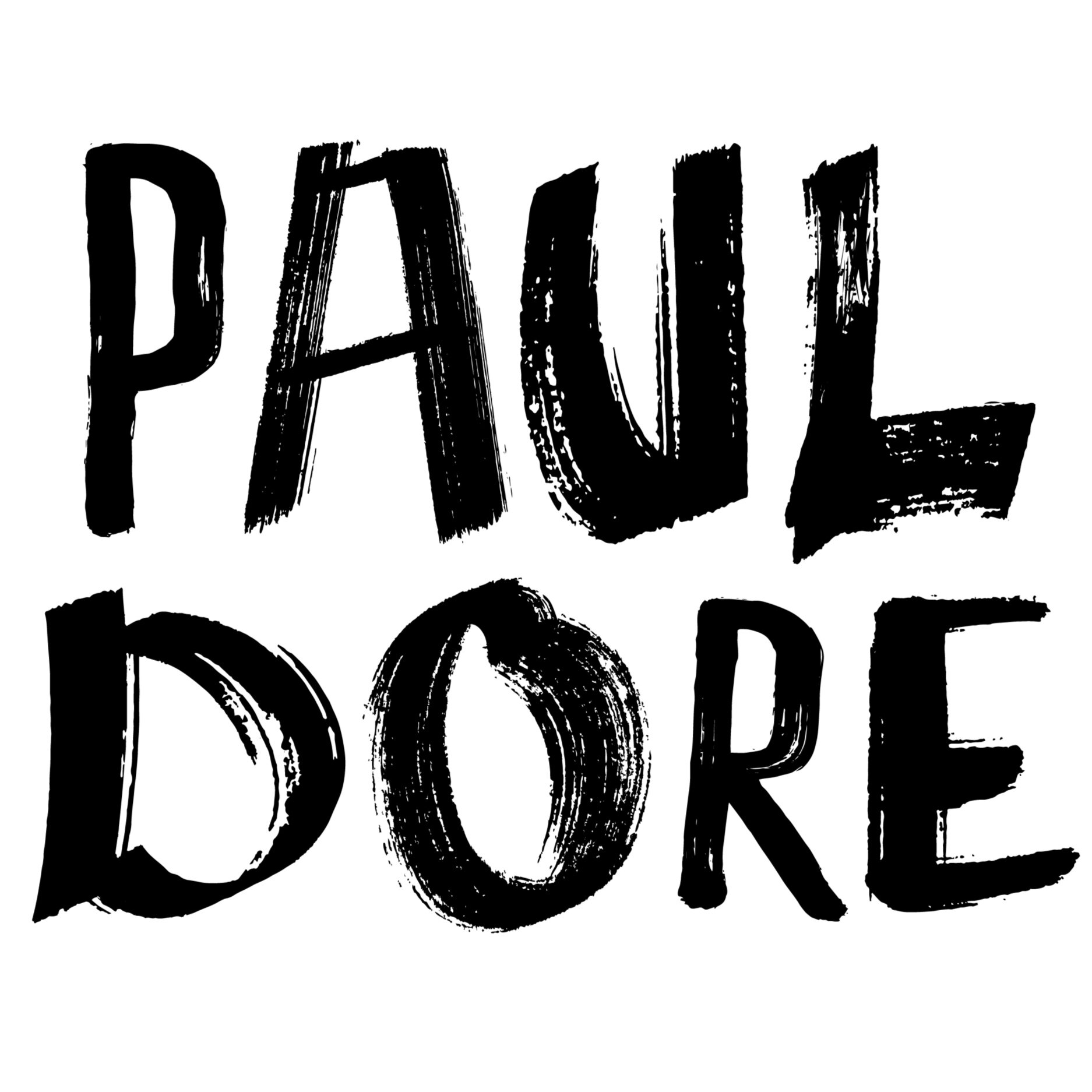10.40 Lost It
Back in the summer, I performed at a storytelling event and I really, as they say in the comedy world, ate shit. I don't think it went as bad as I thought it was in my brain, but this just happens when I'm away from my usual Stories We Don't Tell audience.
As I've written about here before, I help produce the monthly storytelling event Stories We Don't Tell and also, if you haven't heard, we just published a book. Learn more about it here. Anyhoo, I love the audiences that we get at Stories We Don't Tell, and I guess they know me and my style enough that I usually feel quite confident sharing a story on that stage.
It's other stages where I haven't found my groove. The persona that I have crafted over the years is one where I'm deadpan as hell, and have an attitude of - I don't know why you're laughing I'm trying to tell you something serious - while at the same time saying something that is utterly ridiculous. I haven't really been able to make this work that well on most other stages. I think people are taking me seriously and don't know that it's okay to laugh. The laughs usually start coming about halfway through, but by then it's too late. I'm figuring out a way where I can do or say something off the top that lets the audience immediately know that they can take me seriously, but not that seriously.
In the spirit of sharing, and also because I've spent way too much time thinking about all of this, I've collected four points below that have made me a better storyteller. Look, I'm no expert, these are just things I know work for me, and to be honest, I'm trying to figure out a way to make these lessons transferrable to other stages.
Believe What You Say
I'm not an actor and I can't do voices. An event producer once asked me to add voices to my story and I did and I hated it and I'll never do it again. For me, I need a script, I like knowing every word that I'm going to say because I've picked each and every word in that story. Some people tell their story from the stage - good for them. If it works for you, I say, Do it!
Me? I need to know each word and pick each word because I'm the one that has to say it, and more importantly, I have to believe it. In order for me to reach across the aisle to the audience, I have to fully engage with the words I've put down on paper. I have to know that I found the best words, scrutinized them, turned them over in my head. I have to believe, otherwise, I'm fucked. And audiences can tell when you don't believe.
Wait for It
I know you've probably heard of the 'dramatic pause'. Great stuff, pauses. I write them into my script. Nothing I like more than holding for a pause. You see, the great thing about a well-placed pause is that it allows me and the audience to breathe.
In an interview I did with internationally renowned puppeteer Ronnie Burkett, he explained that he syncs his breathing up with the audience, and that brings them all together in a deeper way. Oh, wow, did I steal that! It doesn't always work, but when you are able to sync up with an audience and really interact with them. I mean have a real back and forth, well, that's really quite something.
React to Reactions
This is something I've learned recently. So, I've got my pauses worked in there, and I realized that the other thing pauses are amazing at are figuring out the audience. This is where you can really establish a deeper connection with them. Usually, when you're performing, the audience is reacting to what you're saying. But I've come to believe that if you as the performer react to them, that can potentially bring things to a whole different level.
For example, I tried something new during the last story I told at Stories We Don't Tell - I paused extra-long and 'listened' to the audience. Some people laugh differently, or out of synch with others, or they react in a way to something I said that is uniquely them. I'd use these opportunities to shoot the reaction a glance or make a face of my own - just something small to show them that I'm paying attention. It goes a long way, I tell you.
Trust Your Writing
Back during that summer story, I thought I had a funny opening. No one laughed, which confused me - the whole taking me seriously thing. For this last Stories We Don't Tell story, I had an opening that was intentionally not funny. It was more confusing than anything else. But I felt this did two things - it actually helps focus the audience, and it sets up a joke later on.
But also, the difference between these two openings was that I got confused and thrown off in the summer. During the last story, I knew exactly where I was going. It was more like me saying to the audience - Hey, come with me, this is going to be fun!
I went into this last event believing that my story was good. At least I thought it was funny. I sure did have doubt leading up to it because I thought I'd lost it back in the summer. I started questioning myself - Is this funny? Is this working? I just had to trust myself, and trust the words.

